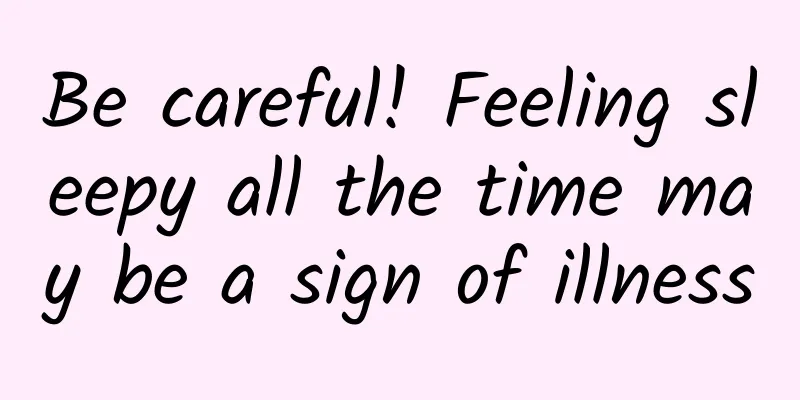How to take care of yourself after hysterectomy?

|
It is understood that in recent years, uterine fibroids have become increasingly common in younger people, which may be related to work pressure and dietary health in modern society. Traditional Chinese medicine says that uterine fibroids are a type of symptom, which is related to physical weakness, blood deficiency, qi deficiency, and emotional disorders. Therefore, we must focus on these aspects of care after a hysterectomy. So how should we care after a hysterectomy? How to adjust after hysterectomy: Patients who have undergone total hysterectomy generally rest in bed within one week after surgery, but they should avoid lying in bed for long periods of time. Patients can get out of bed and move around as appropriate based on their own recovery, because early postoperative activity can promote early recovery of gastrointestinal function and reduce the occurrence of postoperative complications such as intestinal adhesions. Patients can engage in appropriate outdoor activities one week after surgery, paying attention to the combination of work and rest. In addition to the need to recover from the abdominal incision, patients who have undergone total hysterectomy should also prevent the sutures at the top of the vaginal incision from falling off and causing vaginal bleeding. They should avoid carrying weight, squatting, and physical labor too early within one month after the operation. Pay attention to psychological adjustments: Maintain a happy, cheerful and optimistic mood. After a total hysterectomy, some women will worry about whether they will age after the hysterectomy. In fact, female characteristics are maintained by the secretion of estrogen by the ovaries. The uterus is only one of the important organs for nurturing the fetus. When the patient has no fertility requirements, only the uterus is removed due to the disease, and the ovaries are retained. The normal physiological function of women can still be maintained and will not accelerate aging. Nutrition should be strengthened after surgery: Eat more foods containing protein, vitamins and iron to promote the healing of the incision. Pay attention to adequate water intake every day, eat more vegetables, fruits and high-fiber foods, keep bowel movements smooth, and prevent vaginal stump bleeding caused by excessive abdominal pressure due to constipation. This article comprehensively introduces some nursing care matters after hysterectomy, mainly physical care, psychological care, and dietary care. I hope it can help the patient's family. Usually, after a hysterectomy, patients not only have to endure physical pain, but also suffer some psychological pressure. It is recommended that the patient's family and friends give the patient more patience and love. |
<<: What should I pay attention to after my hysterectomy?
>>: How to take care of yourself after hysterectomy?
Recommend
No matter how lazy a thyroid cancer patient is, he or she will still go crazy
Source: Youlai Healthy Life...
Gynecological health care exercise precautions
We all know that regular physical exercise can ma...
Which rapeseed variety has the highest yield? How to choose rapeseed in autumn?
Rapeseed is a common vegetable in our daily life....
The uneven echo of the uterine myometrium requires caution
The body is the capital of revolution. This old s...
10 Alarms of Fungus Living in the Vagina
Tight-fitting synthetic underwear has many disadv...
What are the harmful effects of uterine fibroids?
I believe everyone knows the importance of the ut...
Normal hcg values at 6 weeks of pregnancy
A pregnant mother can be said to be a great exist...
What are the things to pay attention to during the confinement period after a normal childbirth?
Whether it is a natural birth or a caesarean sect...
The correct way to wear elastic stockings
1. Put your hand into the sock, pinch the heel, a...
What are the symptoms of kidney failure in women?
In our daily life, many women have poor stress re...
Why can't you eat kelp if you have threatened abortion?
In the early stages of a woman's pregnancy, b...
Hot water fumigation after medical abortion
After medical abortion, women will generally have...
What does a gynecological blood test check?
Gynecological diseases require blood tests, mainl...
Do you feel itchy when being pricked? Be careful if you have such items at home →
Review expert: Zhou Hongzhi, senior laboratory te...









